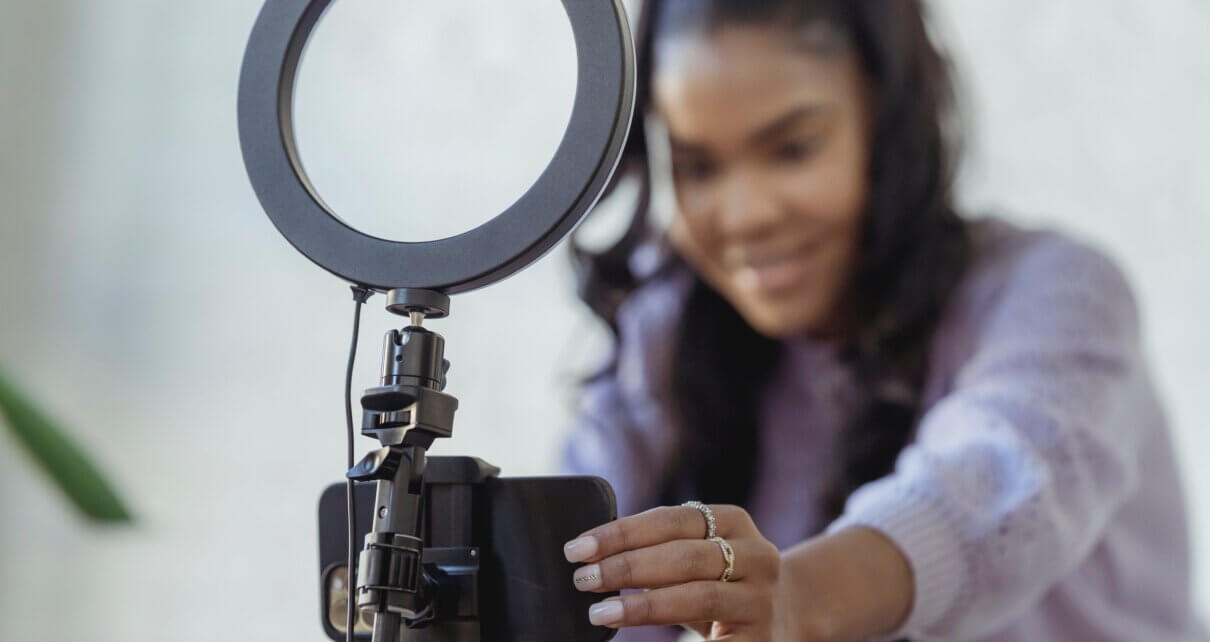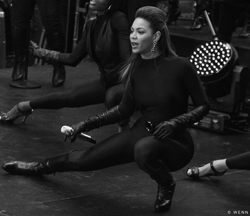In today’s digital world, we are constantly viewing social media, which shifts the way we consume content and make decisions. With new developments in technology seemingly never-ending, traditional sources of spreading information like newspapers and magazines are constantly challenged. Now, a popular way of circulating information is done by individuals known as influencers.
Influencers are masters at persuading people in society. They are people we all know who have a strong following on social media and usually demonstrate expertise on a niche topic. Today, top influencers do not only include popularized celebrities like Portuguese soccer player Cristiano Ronaldo but also modern-day TikTokers like Charli D’amelio. These individuals have acquired the skills needed to engage with their audiences on a deeply personal level on social media platforms. The main reason for this is that influencers are often seen as relatable, unlike editorials written on pieces of paper.
The truth is, being able to watch and listen to an influencer you trust and see as authentically being themselves has much more impact on the viewer in comparison to a story in a magazine where people can’t even put the author’s name to a face.
Lindsey Buchheister, junior criminal justice major said, “It’s simply easier watching a video. I honestly don’t think that many people enjoy reading. It is so much easier to just scroll on your phone and watch a TikTok or a commercial with your favorite celebrity online. Influencers are people many of us look up to, therefore we are more bound to listen to them rather than a journalist we don’t feel a connection to in a newspaper.”
Think about when you are scrolling on TikTok or Instagram and see one of your favorite users promoting a product. After you see a figure you know and trust promoting this product, don’t you want to buy it and be just like the influencer?
The Digital Marketing Institute conducted multiple studies in 2021 and found, “49% of consumers depend on influencer recommendations.” The Institute also found, “70% of teens trust influencers more than traditional celebrities.” These statistics just go to show how dependent consumers, especially younger generations, have become on influencers’ opinions.
Madison Giovacco, a junior nursing student, said, “Influencers are more direct and are posted everywhere. When you watch influencers on social media, you are able to watch and hear what the influencer has to say rather than reading. It’s just easier.”
Technology and social media have made so many things easier in today’s world that taking the time to read an editorial is something many don’t want to do. This is especially true if a whole virtual world is accessible at the click of a button.
Influencers are able to focus on one particular strength they may have, like Cristiano Ronaldo being incredible at soccer. Therefore, users viewing any of Ronaldo’s content will more likely believe what he says. On the other hand, editorials lack the depth and knowledge that influencers can have on a particular topic or product because authors do not always provide a reason to believe what they write.
Editorials can include numerous topics, versus influencers who typically have a few specialties. Influencers having strengths and knowledge in specific fields tend to lead users to
trusting their opinions and ideas more than editorials. This is due to the face that influencers’ ideas are seen as more valuable to their audience.
Overall, the world of print has shifted to influencers in today’s society for numerous reasons, but in particular, because of the easiness of social media and an influencer’s relatability, authenticity, and expertise on a particular topic. While editorials are still important, influencers are able to share unique and personalized ideas on their social media platforms that users feel connected to.



